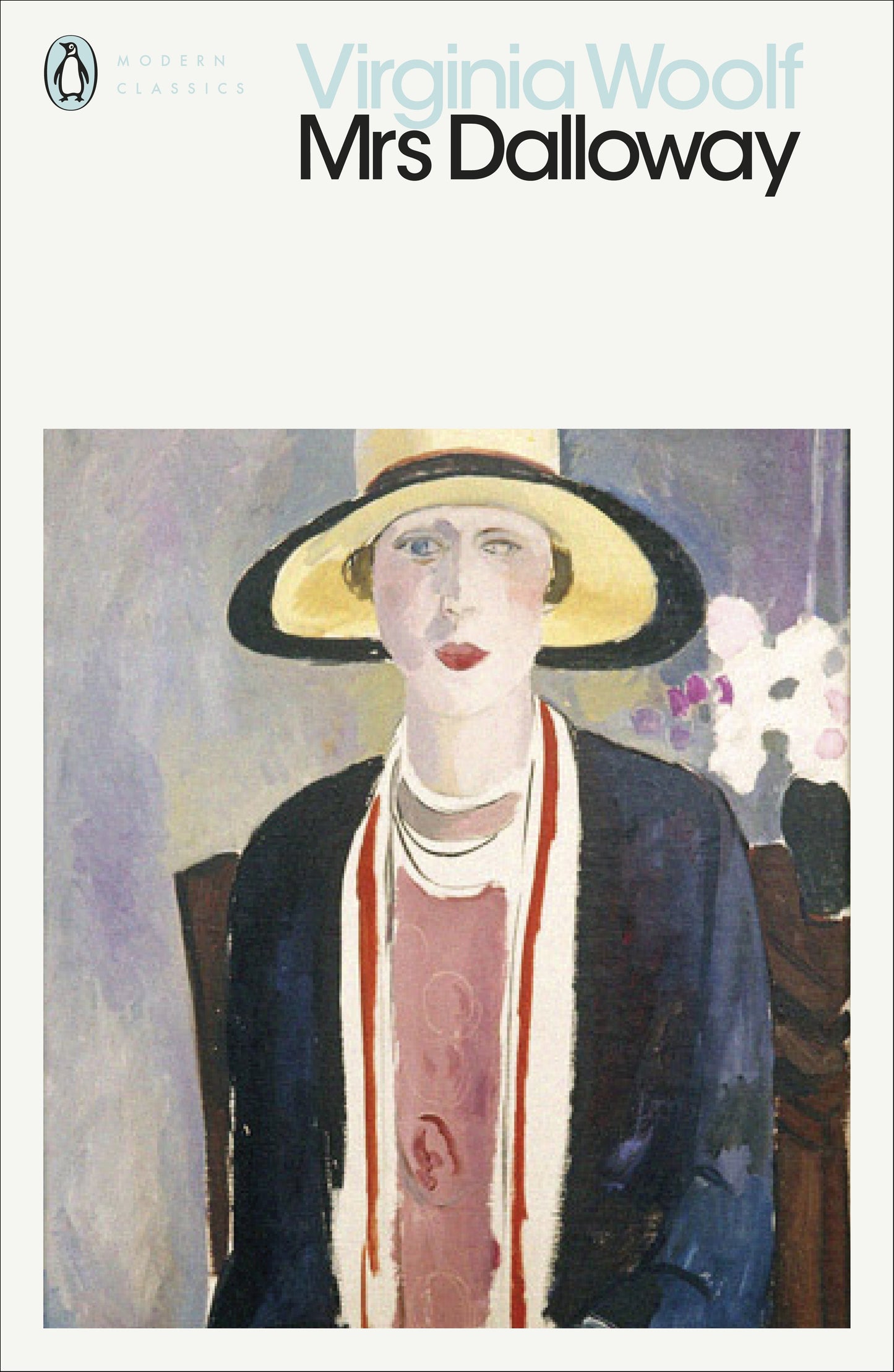Virginia Woolf
Mrs Dalloway
Mrs Dalloway
Couldn't load pickup availability
Gabi's Review
Virginia Woolf’s novel Mrs Dalloway, first published in 1925, is an iconic piece of modernist literature that reveals the complexities of social change in post-World War I England. Set on a single day in June 1923, the plot has two narrative strands that gradually interconnect through a range of characters and ideas. The more prominent strand focuses on the life of Clarissa Dalloway, a privileged upper-middle class wife and mother, whose day is spent preparing for an evening party. The other strand concerns the profound suffering of Septimus Smith, a psychologically damaged veteran of the First World War.
As she sets about buying flowers for her party, Clarissa Dalloway is troubled by lost possibilities: a man she might have married, a young woman to whom she was attracted. She is also worried about her daughter Elizabeth, whose friendship with her history tutor Doris Kilman symbolises a challenge to women’s conventional roles and the British class system. On the same day, Septimus Smith can’t escape memories of a friend killed in World War I; unable to communicate with his helpless wife, he is eventually committed to a psychiatric institution.
Woolf’s famous stream-of-consciousness style brilliantly evokes the fragmented nature of consciousness. Clarissa’s inner monologues reveal her acute awareness of the fleeting nature of existence, while also conveying her vitality and love of life. By contrast, Septimus’s inner world is hallucinatory and anguished. But their narratives are ultimately connected by the novel’s central question: where, if at all, might we find a reason to live? Mrs Dalloway is one of my all-time favourite novels: it’s both haunting, and in its use of a richly poetic style, a great pleasure to read.
Publishers Reviews
'She had a perpetual sense, as she watched the taxi cabs, of being out, out, far out to sea and alone; she always had the feeling that it was very, very dangerous to live even one day.'
On a June morning in 1923, Clarissa Dalloway, the glittering wife of a Member of Parliament, is preparing for a party she is giving that evening. As she walks through London, buying flowers, observing life, her thoughts are of the past and she remembers the time when she was as young as her own daughter Elizabeth, her romance with Peter Walsh, now recently returned from India; and the friends of her youth. Elsewhere in London Septimus Smith is being driven mad by shell shock. As the day draws to its end, his world and Clarissa's collide in unexpected ways.
Share


